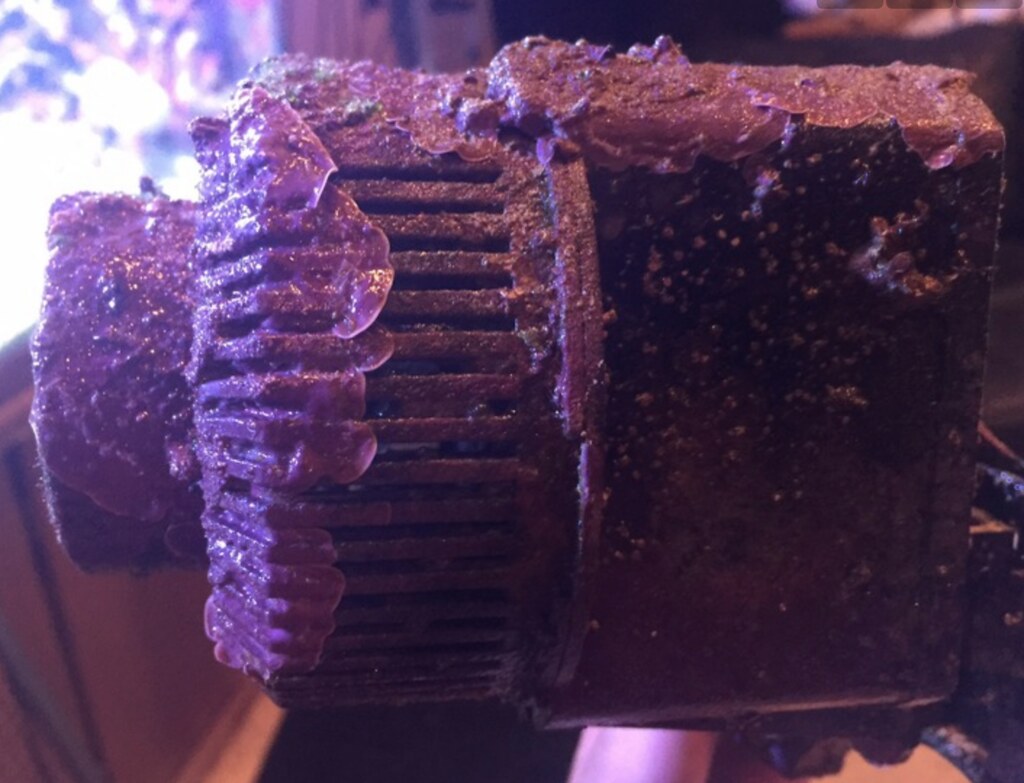Next time, do it outside in a safe place like the rocks on the side of your house. You can pour in some baking soda and then just dilute with hose water. Keep it away from concrete. I like it outside since fumes are not an issue and neither is a small spill or splash.
I have found Muriatic incredibly safe and effective cleaner. It is safer on plastic than vinegar. Citric acid is fine, just not as strong.
I have found Muriatic incredibly safe and effective cleaner. It is safer on plastic than vinegar. Citric acid is fine, just not as strong.


















